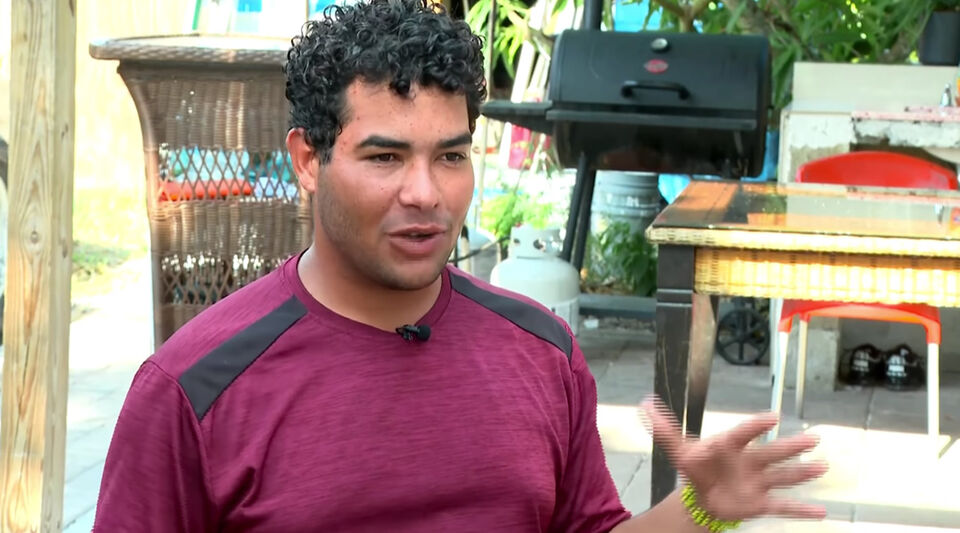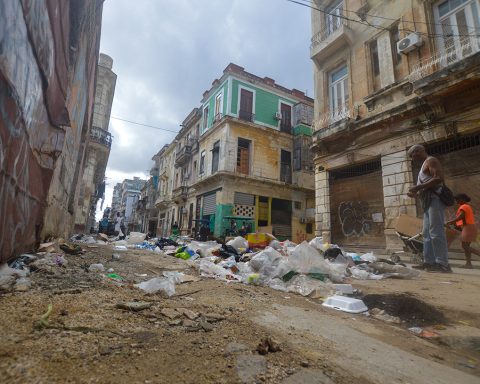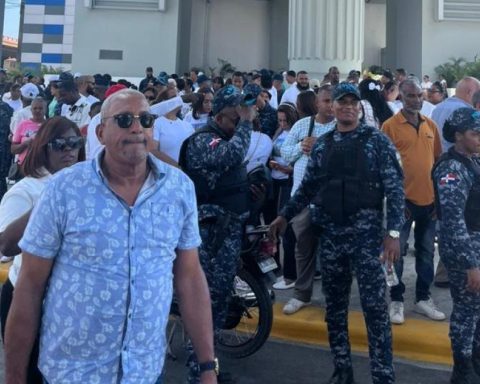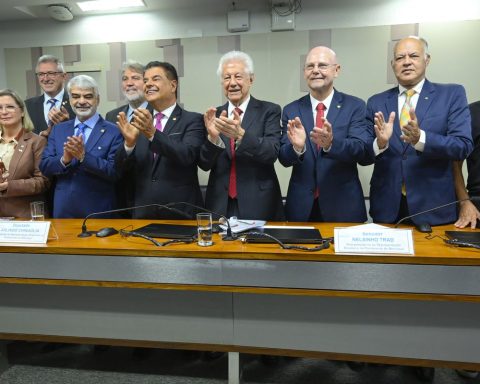Public health experts criticize the tobacco control agreement of the World Health Organization (WHO) for excluding and dismissing scientific and technological advances and the benefits of reduced-risk products as a tool to fight against smoking.
In fact, prominent public health authorities have previously criticized the WHO Framework Convention on Tobacco Control (FCTC), describing it as an outdated global public health agreement that fails to take into account the views of key stakeholders and it does not take into account recent scientific developments.
Clive Bates, former director of Action on Smoking and Health UK and former adviser to British Prime Minister Tony Blair, blamed the WHO as an international non-governmental organization affiliated with the United Nations for this situation. “Member state countries that sit on your board should hold you accountable. The way the World Health Organization treats smoking is akin to advising against the use of COVID vaccines, based on perceived risks, demonstrating a mindset comparable to anti-vaccine sentiments,” Bates argued.
“Few realize that these actions are causing harm. It is not simply about impeding public health progress; represents a step back. Despite the well-intentioned motives of liberal lawmakers and scientists, the unprecedented bias stemming from this anti-nicotine bias, prejudice, and dogmatism is deeply troubling,” said Konstantino Farsalinos, Lead Tobacco Harm Reduction (THR) Research Physician. and cardiologist, during the THR Summit Spain at the Rey Juan Carlos University in Madrid, as reported by the Philippine Inquirer News.
“Basically, we are preventing people from quitting by demonizing alternative products just because they contain nicotine,” Farsalinos said. According to Farsalinos, the disparity in risk levels is immense, and this has been shown repeatedly in numerous studies over the past decade, and scientific societies now recognize the significantly lower potential toxins in e-cigarette aerosol compared to tobacco cigarette smoke.
“Unfortunately, our current smoking cessation medical products are not very effective. That is why most smokers turn to these alternative products and instead of misinforming and scaring them, doctors should offer these options to smokers,” said the research physician.
This year, Panama will be very present in this debate since -in November- it will host the already described as “controversial” Conference of the Parties for Tobacco Control (COP 10), according to experts. Among others, Eduardo Palacios, former Vice Minister of Commerce and Industry, pointed out that it is “paradoxical” that our country celebrates and promotes this international meeting on “tobacco control” in what he classifies as “the country with the greatest lack of control of cigarettes”. smuggled from the Americas” due to “absurd policies.”
Policy-focused campaign
Farsalinos, who is recognized for having authored the largest number of peer-reviewed publications on e-cigarettes globally, lamented that the global campaign against smoking focuses on politics, ethics and moralism, with minimal attention to science and public health.
“A public health issue related to smoking-related diseases has been transformed into a moral issue debating the ethics and appropriateness of substance use. We must return to the fundamental principles of public health, which are not based on moral judgments. The discussion should revolve around smoking-related diseases,” he emphasized.
The doctor believes that this mistaken perspective has misled governments, officials and many scientists, leading to misconceptions and an inability to distinguish between smoking and nicotine, as well as a misunderstanding of the global need to reduce disease related to smoking.
Meanwhile, Michael De Luca, a MD, disaster and operative medicine fellow at George Washington University, and Mario L. Ramirez, an emergency medicine physician at Inova Fairfax Hospital, warned that the WHO’s proposed pandemic treaty would likely fail. if it were based on the FCTC.
Harm reduction advocates stressed the importance of countries supporting a discussion on progress in the fight against smoking without stigmatizing those who have views different from those of the WHO.
The latest review from the UK Department of Health and Social Care, the eighth to date reaffirms that, in the short to medium term, vaping represents a small fraction of the risks associated with smoking.
It also acknowledges a significantly reduced exposure to harmful substances compared to smoking in terms of biomarkers for cancer, respiratory diseases and cardiovascular diseases.










